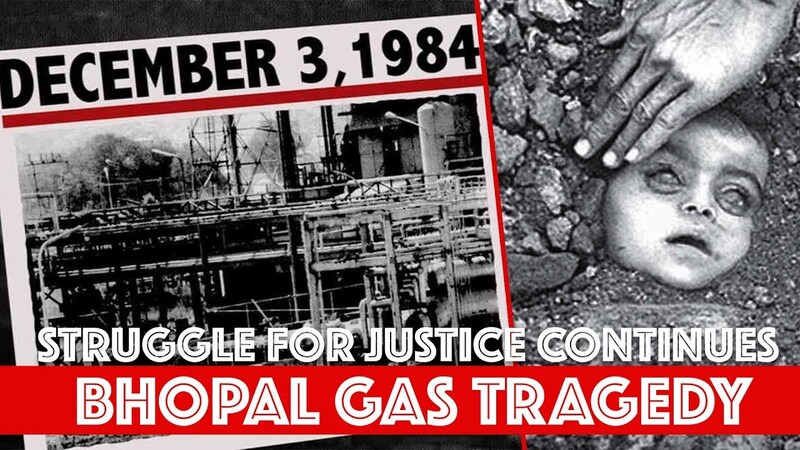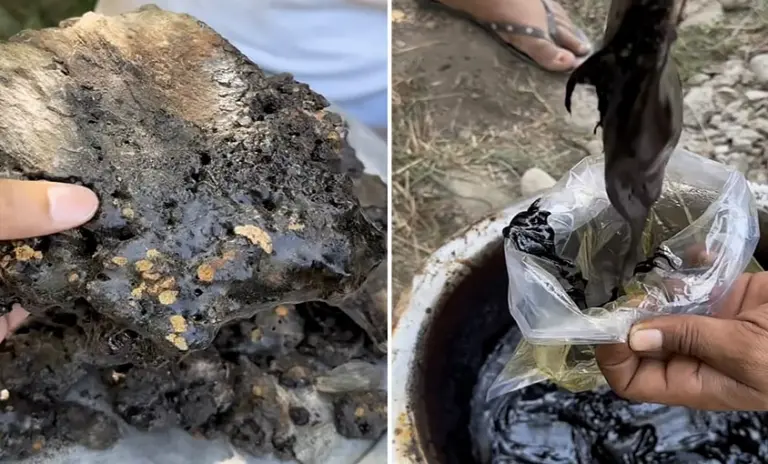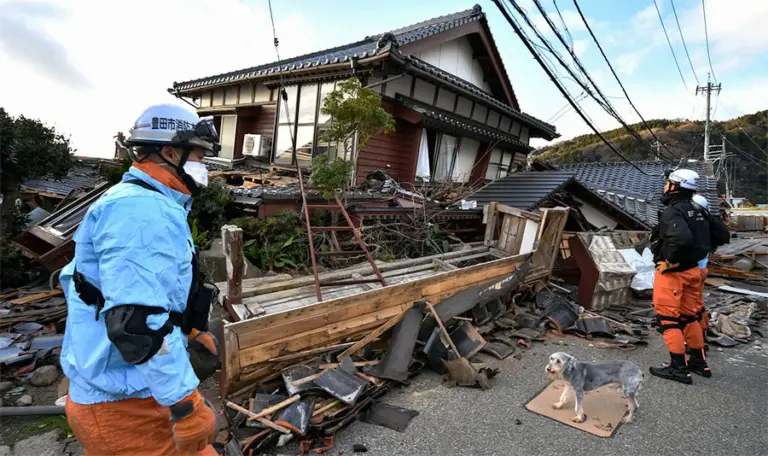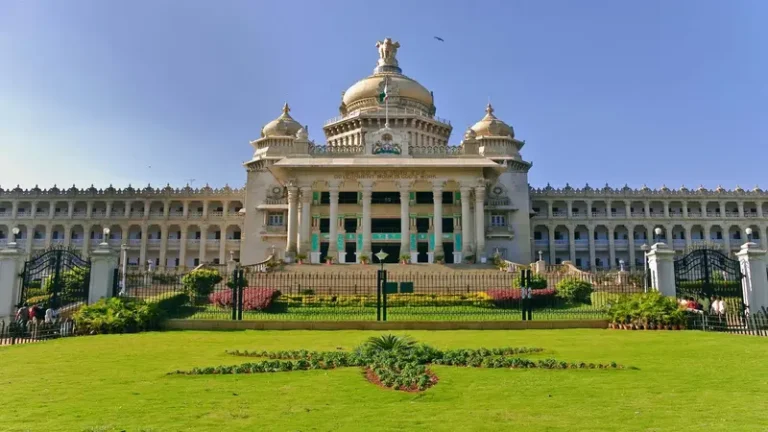History of Bhopal Gas Tragedy
The Bhopal gas tragedy was a catastrophic industrial disaster that occurred in the Indian city of Bhopal in December 1984. It is considered one of the world’s worst industrial disasters. Thousands of people lost their lives and many more are suffering long-term health effects. This tragedy has become a symbol of corporate negligence and government failures to protect citizens from environmental hazards.
The disaster was caused by a gas leak from the Union Carbide India Limited (UCIL) pesticide plant located in the city. The leak occurred during the early hours of December 3, 1984. It spread toxic gas over a large area of the city. The gas that leaked was a mixture of methyl isocyanate (MIC), hydrogen cyanide, and other toxic chemicals. The gas cloud quickly spread throughout the surrounding neighborhoods, exposing thousands of people to deadly toxins.
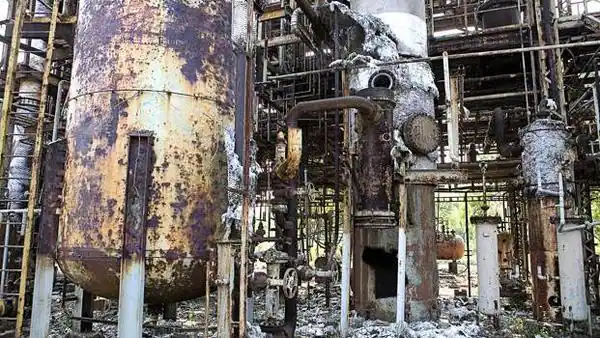
The immediate impact of the gas leak was catastrophic, with thousands of people dying within hours of exposure. The exact number of fatalities is still disputed, but it is estimated that between 3,000 and 16,000 people died in the weeks and months following the disaster. Many more suffered long-term health effects, including respiratory problems, neurological damage, and cancer.
Impact of this disaster
The disaster had a profound impact on the community, with many people losing their livelihoods and becoming homeless as a result of the gas leak. The cleanup and recovery efforts were also inadequate, with many victims receiving little or no compensation for their losses. The disaster had a long-lasting impact on the environment, with soil and water in the affected areas remaining contaminated for years.

The causes of the Bhopal gas tragedy were numerous and complex. One major contributing factor was the lack of safety regulations and standards in India at the time. The UCIL plant was poorly maintained and lacked adequate safety systems and procedures. The company had also failed to take adequate measures to prevent or mitigate the impact of a gas leak. The Indian government’s failure to regulate and enforce safety standards was also a contributing factor.
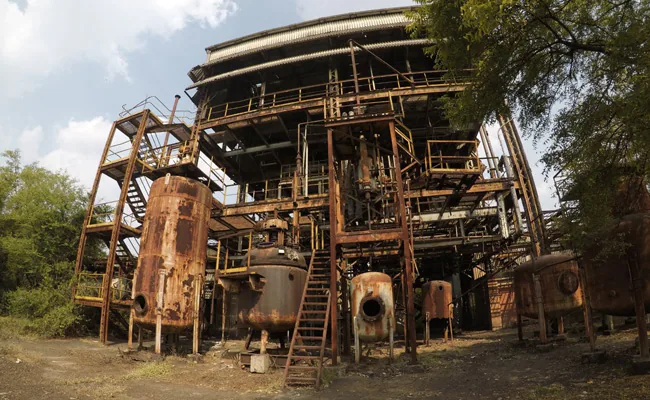
The response of the Indian government and Union Carbide to the disaster was widely criticized for being inadequate and slow. The government’s initial response was slow, and there was little coordination between different agencies. Union Carbide was also criticized for its handling of the disaster. But the company failing to take responsibility for the accident. They denied the severity of the health effects.
Changes after this tragedy
The aftermath of the Bhopal gas tragedy led to significant changes in Indian and international regulations on industrial safety and environmental protection. The Indian government passed the Environmental Protection Act in 1986. It established guidelines for the management of hazardous substances and the prevention of environmental pollution. The Indian government also established the Bhopal Gas Leak Disaster (Processing of Claims) Act, which provided for compensation to the victims of the disaster.
Union Carbide agreed to pay $470 million in compensation to the victims of the disaster in a settlement reached with the Indian government in 1989. However, the settlement was widely criticized as inadequate, with many victims receiving only a fraction of the compensation they were entitled to. The Indian government also faced criticism for its handling of the compensation process, with many victims receiving little or no compensation.
The Bhopal gas tragedy remains a symbol of corporate negligence and government failures to protect citizens from environmental hazards. It has led to significant changes in the regulation of industrial safety and environmental protection in India and around the world. The tragedy also highlights the importance of corporate social responsibility. It also highlights the need for companies to prioritize the safety and well-being of their employees.

